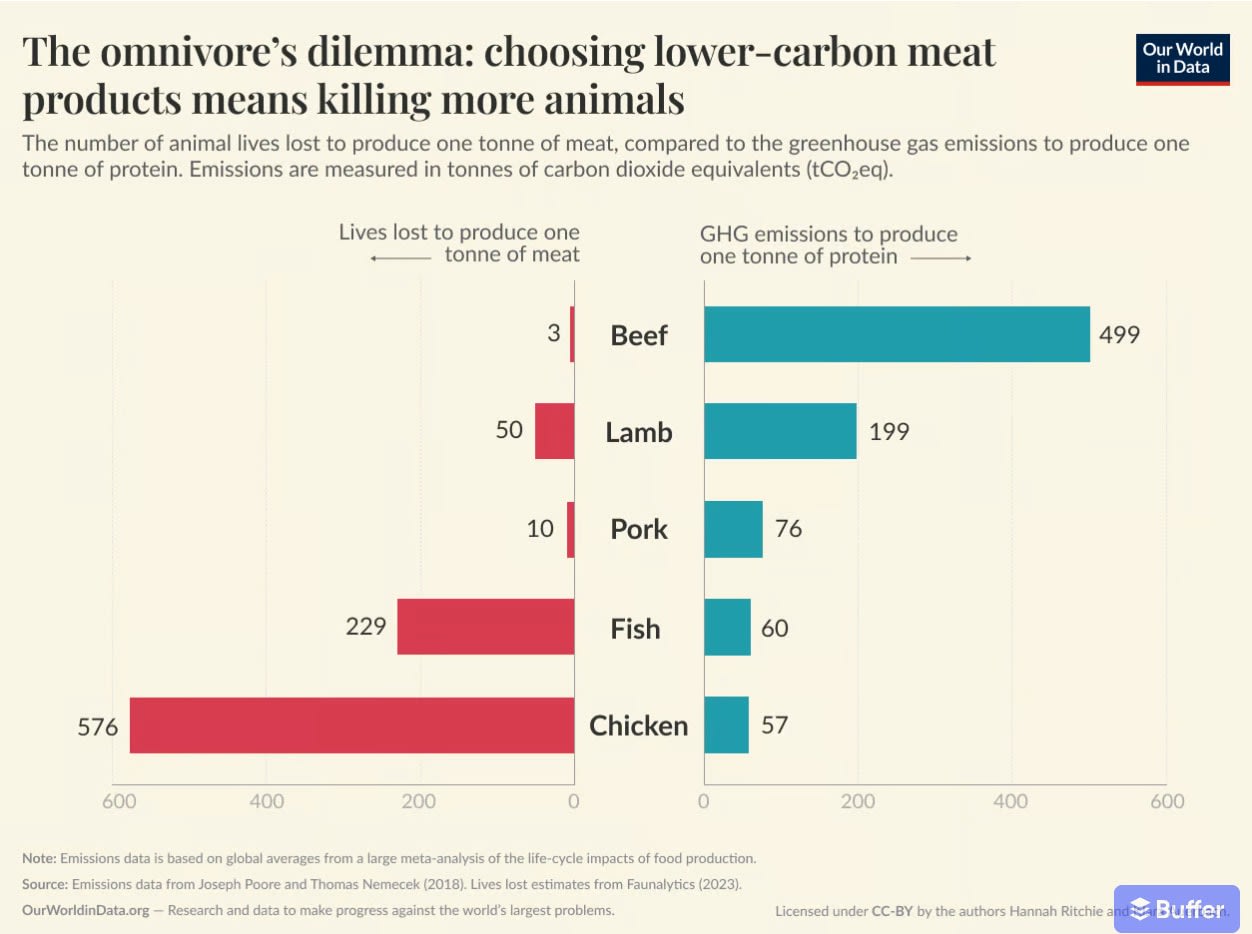We've started a project to record audio narrations of the most important papers by Nick Bostrom.
The recordings will be added to nickbostrom.com. They will also be distributed as a podcast with its own website, brand and YouTube channel.
Once we have 10-20 episodes, we'll start promoting the podcast more widely. We'll also get the podcast on the first page of Google for "Nick Bostrom" and related keywords.
✨ The first four episodes are available now! ✨
They are:
- The Vulnerable World Hypothesis (2019)
- Sharing the World with Digital Minds (2020)
- The Fable of The Dragon Tyrant (2005)
- Existential Risk Prevention as Global Priority (2012)
This project is supported by a grant from the FTX Future Fund Regranting Program.[1]
How to listen
You can subscribe to the podcast on Apple Podcasts, Spotify, or by RSS.
You can also search in your favourite podcast app. Please tell us if it doesn't show up for you.
Finally, you can listen online at radiobostrom.com.
About this project
Continue reading if you'd like to know more about this project...
The plan
-
Record high-quality human narrations of ~20 of the most important Bostrom papers (hopefully more).
-
Distribute recordings as as podcast, and via nickbostrom.com
-
Create an "Introduction to Nick Bostrom series" of 5-10 recordings, which becomes one of the best places for people to start engaging with Bostrom's work.
-
Market the podcast and intro series somewhat (perhaps very) ambitiously.[2]
-
(Perhaps, one day) Record high-quality critical discussions of various Bostrom papers or ideas, with invited guests.
Timeline
-
Early August: soft-launch to EA Forum and other stakeholders; seek feedback.
-
August: continue recording 15-20 of Bostrom’s most important papers.
-
Late August or early September: finish 15+ recordings, supporting materials, and release. After that: start the initial marketing push.
Team
- Peter Hartree, Project Lead
- Shaun Acker, Narrator
- Conor Barnes, Assistant Web Developer
- Chloé Kalonek, Visual identity
- Katy Moore, Audio-proofing
- Perrin Walker, Narrator
- TBC (we're about to hire a third, female narrator)
Matthew van der Merwe and Fin Moorhouse are kindly serving as advisors.
Some ways you can help...
-
(1-5 mins) Subscribe to the podcast, and share it with at least 3 friends who might like it.
-
(1 min) Like and retweet this tweet, so that more people see it.
-
(1-10 mins) Write a 5-star review on Apple Podcasts, Spotify or wherever you get your podcasts. The first few reviews are especially valuable. We'll also find them motivating!
-
(1-2 hours) Listen to an episode and tell us what you like, and how it could be improved. Post here in the comments, or email us.
-
(ongoing) Join the podcast advisory group. You'll get early access to new narrations, and—if you have time—you can listen and give feedback if you notice any issues.
-
(10-60 mins) Tell us which papers should feature in the "Introduction to Nick Bostrom" series, and in what order. We're especially keen for suggestions on what the first three papers should be.
-
(10-60 mins) Share quick thoughts or brainstorms on ideas for marketing the podcast, or suggest someone who could lead on marketing strategy.
-
Share any other thoughts in the comments, or by email.
Want to join the team?
We're looking for someone to help with marketing strategy and execution. You would work closely with Peter Hartree to identify the best opportunities, then make them happen. It'd be a freelance role, competitively paid. You'd help us for 1-2 days ASAP to start with, then 1-2 weeks in late August or early September. You would have a £1-10K marketing budget.
If you're interested, email peter@radiobostrom.com.
If you know someone else who might be interested, please send them a link to this EA Forum post.
There is no formal affiliation between Nick Bostrom and this project. Bostrom has granted us permission to record his papers, and we've heard that he and his team are enthusiastic about the project. ↩︎
Plan for this is TBC, but we'll start when >10 episodes are live, in late August or early September. ↩︎



I'm interested in knowing why you picked Nick Bostrom as the person whose work you'd try and amplify. I like a lot of his work, but he also seems to be one of the figure's whose work (especially Astronomical waste) is being used in "hit pieces" aimed at EA. Is this not potentially increasing the likelihood that someone will hear something they find unpalatable, and form a negative connotation with EA as a result ?